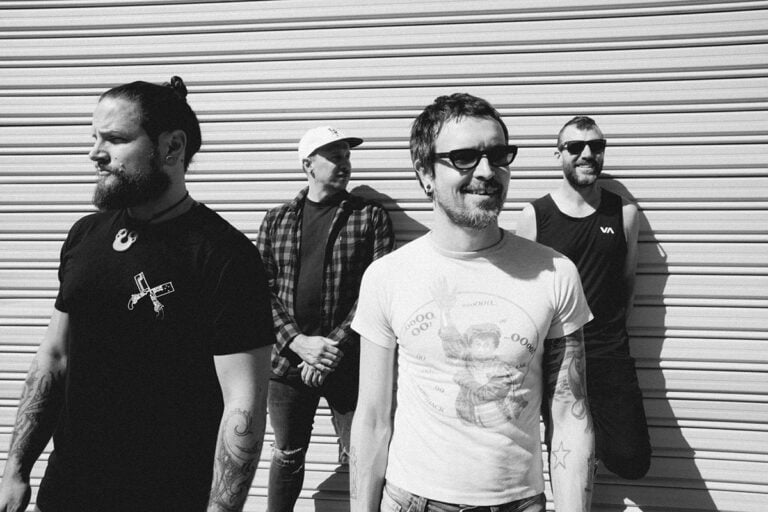Kisschasy have opened up about their first new album in over 15 years.
In a new interview with Rolling Stone AU/NZ, frontman Darren Cordeux revealed that the band recorded 10 new songs in their hometown of Melbourne earlier this year and intend to release a new record in the summer, around next February.
Kisschasy were on ground at Brisbane music industry conference BIGSOUND last week where they were looking to network and possibly meet people to work on the new album.
“We’ve got a couple more singles to come out and then we’re working on fine tuning things like artwork and like that,” Cordeux said.
“Being [at BIGSOUND] is part of that process, but that is the kind of vague nebulous date that we’ve got in mind.”
The new album would be Kisschasy’s first since 2009’s Seizures, before the band split in 2015.
It was their Good Things Festival reunion in 2022 that sparked talks of a comeback for the band.
Love Music?
Get your daily dose of metal, rock, indie, pop, and everything else in between.
“I think when we got into that rehearsal room for Good Things, for me personally, it wasn’t until then that I realised that it was a big void in my life,” Cordeux said.
“I’d played with different musicians and different bands and stuff like that in LA where I’ve been living… we’d set aside a few days to rehearse, and we just ripped through the set. It was seven years we hadn’t played together and I was like ‘Holy shit, it’s still all there and and kind of better than ever’. It was almost like there was this new energy to it. We were reinvigorated.”
The quartet have already given fans a taste of the new music with recent single, “Parasite”, which they released last last month.
The song’s premise is simple: it’s about holding on to something toxic. “Whether it’s a relationship with a person or a vice, most of us have found ourselves, at some point, unable to let go of something that drains our life force,” Cordeaux explained.
The creative goal, according to the frontman, was to keep the spark intact. “We used old tube amps, old tube microphones, no autotune and very few effects; our aim being to avoid anything being overthought or overwrought,” Cordeaux explained in a statement. “The trouble with modern recording is that you can get caught in this feedback loop of constantly tweaking a song to the point that it loses its spark, its soul.”

































